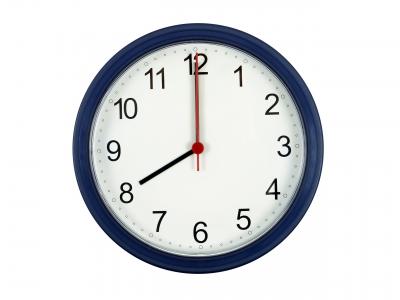With the advance of technology, it is easy for organizations to reach their employees, however when is an employee considered to be on-call? On-call status employees are those who are required to be reachable because they may be called in to work during their personal time. Whether the time the employee spends on call constitutes “hours worked,” and is therefore compensable, depends on the restrictions the employer places on the on-call time.
According to a Department of Labor (DOL) opinion letter, an employee who is free to use on-call time for personal activities generally will not be entitled to compensation unless the employer actually calls the employee in to work. The personal time of on-call employees who are required to be reachable, to abstain from consuming alcohol, and to report to work within one hour of an employer’s call is not restricted enough to be considered “hours worked” under the Fair Labor Standards Act, so the on-call time is not required to be compensated. However, the time will be considered compensable “when the on-call conditions are so restrictive or the calls so frequent that the employee cannot effectively use that time for personal purposes.”
To determine whether or not the “on-call” time is compensable, each situation needs to be assessed independently given the combination of factors may differ in each case. There are no hard and fast rules, and contested situations are always determined on a case by case basis. The primary consideration comes down to the degree of control the employer has over the employee’s time, so here are some considerations employers should keep in mind:



